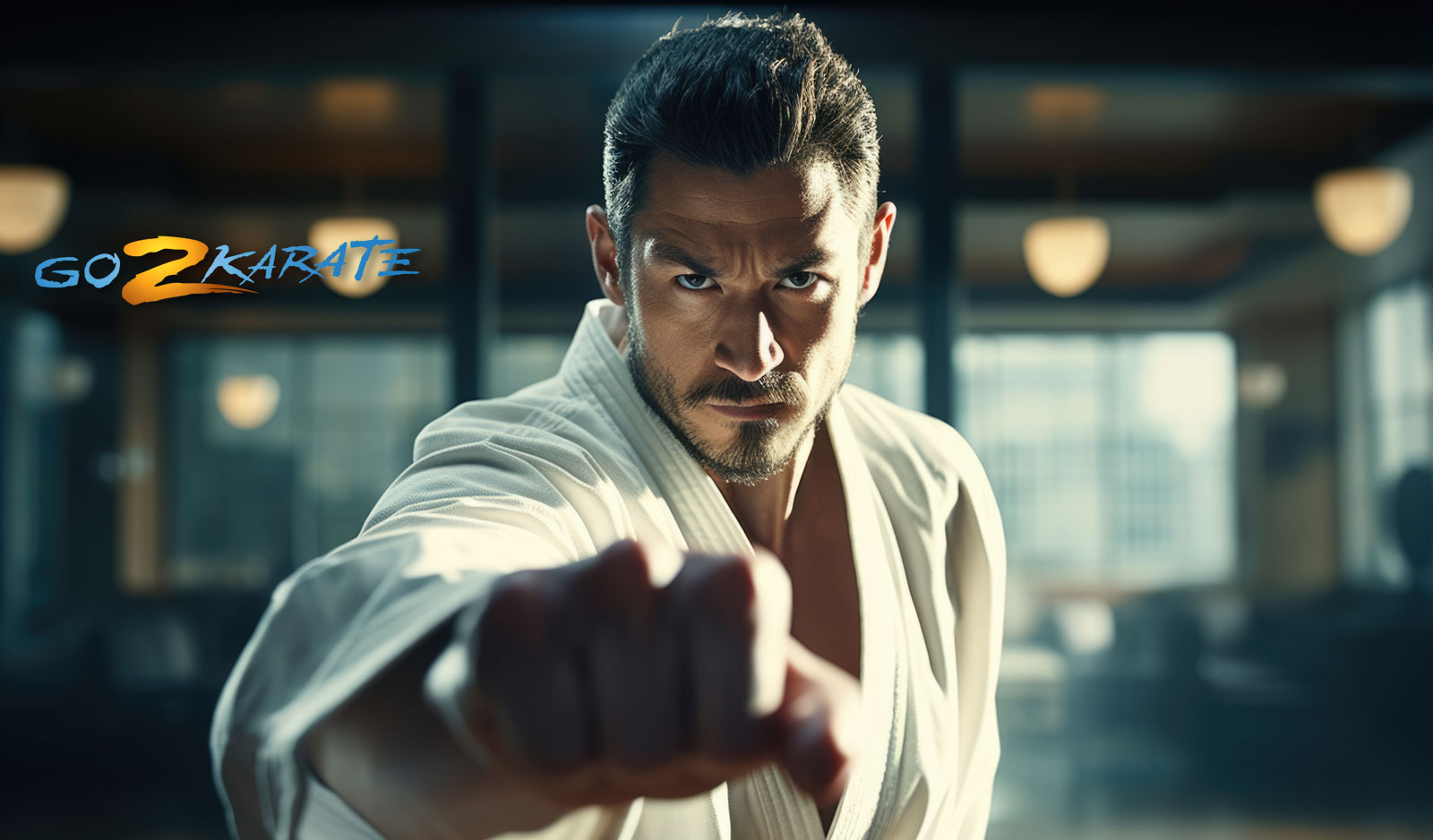How Martial Arts Encourages Responsibility and Personal Accountability in Children.
Originally Published on Go2Karate.com. Your Source for Martial Arts Expertise
Martial arts is renowned for teaching self-control, a trait that serves as the foundation for success in both physical practice and life beyond the dojo. Many adults find it difficult to maintain discipline in everyday situations, whether it’s resisting temptations, controlling emotions, or sticking to a plan. Martial arts provides a structured environment that promotes the development of self-control through routine, repetition, and accountability.
In martial arts, self-control isn’t merely about holding back physical actions—it encompasses mental and emotional discipline as well. Every move, whether it’s a kick, punch, or block, requires precise focus and control. Practitioners must be fully aware of their actions and reactions, maintaining composure even in the heat of intense sparring or competition. This ability to maintain control under pressure is a vital skill that extends into everyday life, such as in handling stressful situations at work or managing family responsibilities.
The practice of martial arts requires consistent effort, and self-control is needed to stay on the path. Many adults start martial arts with enthusiasm, but as the novelty wears off, discipline and self-control keep them coming back to training, even when motivation fades. The repetition of techniques, the pursuit of perfection, and the quest for mastery require immense self-control, reinforcing the idea that progress is achieved through persistence, not instant gratification.
One key element of martial arts training is the need to master both speed and restraint. For example, when practicing sparring or self-defense, practitioners are taught to control their movements to avoid injuring their partners. This teaches an essential lesson: power must always be controlled and used responsibly. This notion extends beyond the mat, helping practitioners stay calm in stressful or confrontational situations, whether at work, in traffic, or in personal relationships.
Martial arts also teaches adults to control their emotions. Sparring, in particular, demands emotional regulation, as practitioners must remain calm under pressure. In high-stress situations, whether in the dojo or in life, staying composed is critical. Through martial arts, adults learn to manage their emotional responses, transforming frustration into focus, and channeling anger into determination. These emotional control techniques become valuable tools in handling conflict, stress, and difficult interactions outside of martial arts.
Beyond physical and emotional self-control, martial arts instills the importance of mental discipline. The mental focus required during training helps sharpen the mind, allowing practitioners to control distractions and stay fully engaged in the task at hand. This mental clarity improves problem-solving, decision-making, and concentration, all of which are essential for success in personal and professional endeavors. Whether you’re trying to stay focused on a project at work or juggling personal goals, martial arts helps develop the mental stamina to persevere.
Mastering self-control through martial arts also leads to greater self-confidence. As adults learn to control their actions, emotions, and thoughts, they gain a sense of empowerment. Knowing that they have the inner strength to manage their behavior and remain focused on their goals increases their confidence in tackling challenges both in and out of the dojo. This confidence boost often leads to improved performance at work, better relationships, and a stronger sense of self-assurance in daily life.
Additionally, self-control in martial arts fosters healthier lifestyle choices. The discipline required to attend regular training sessions and adhere to the principles of martial arts often encourages practitioners to adopt better habits outside the dojo. This can include healthier eating, better time management, and a greater focus on self-care. By integrating the lessons of self-control into their daily routines, martial artists cultivate habits that support their physical, mental, and emotional well-being.
Martial arts also teaches practitioners to reflect on their progress. Each belt promotion and new technique mastered provides tangible proof of self-control in action. As adults see the results of their efforts—whether it’s improved strength, endurance, or mental toughness—they begin to understand that success in martial arts, and in life, is achieved through consistent application of self-discipline.
Key points to remember: Self-control is the cornerstone of success in martial arts and life. By mastering control of your actions, emotions, and mind, you build a foundation for achieving your goals.

Source: The Go2 Karate Library – Where Martial Arts Enthusiasts and Professionals Find Expert Guidance.
